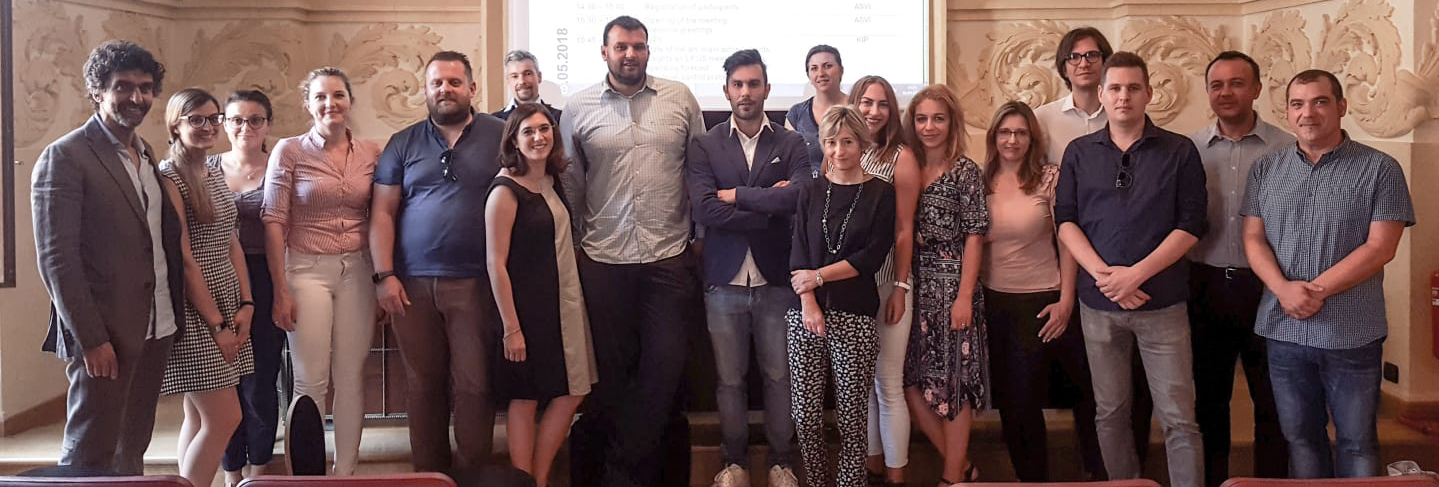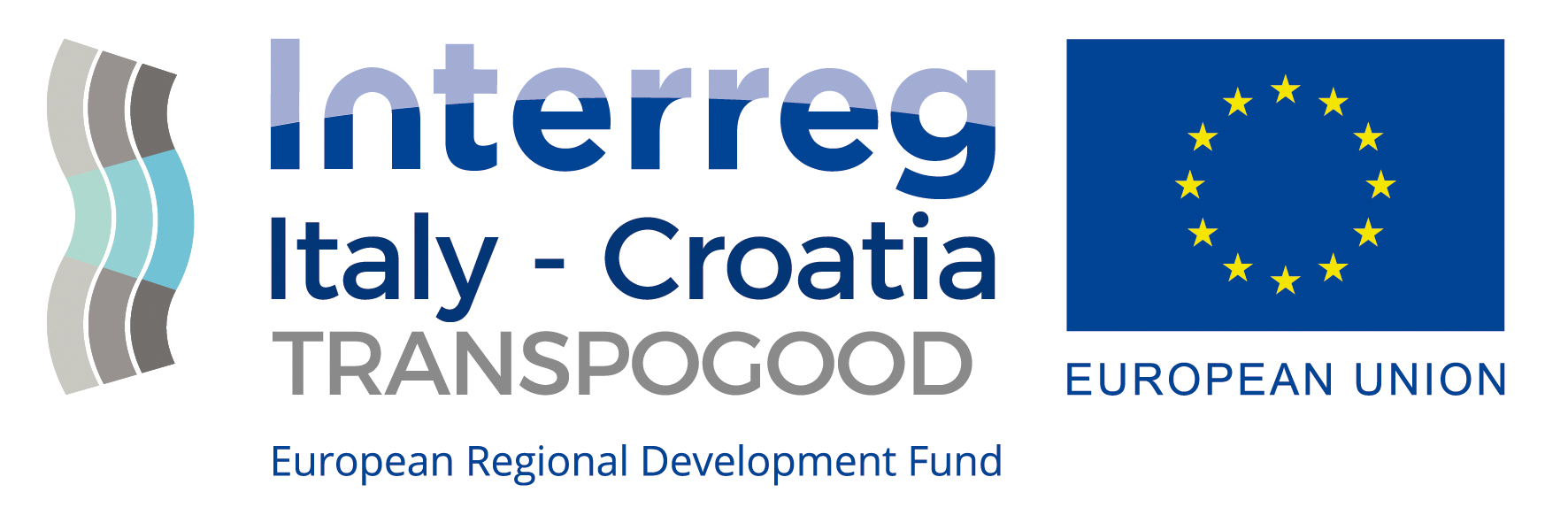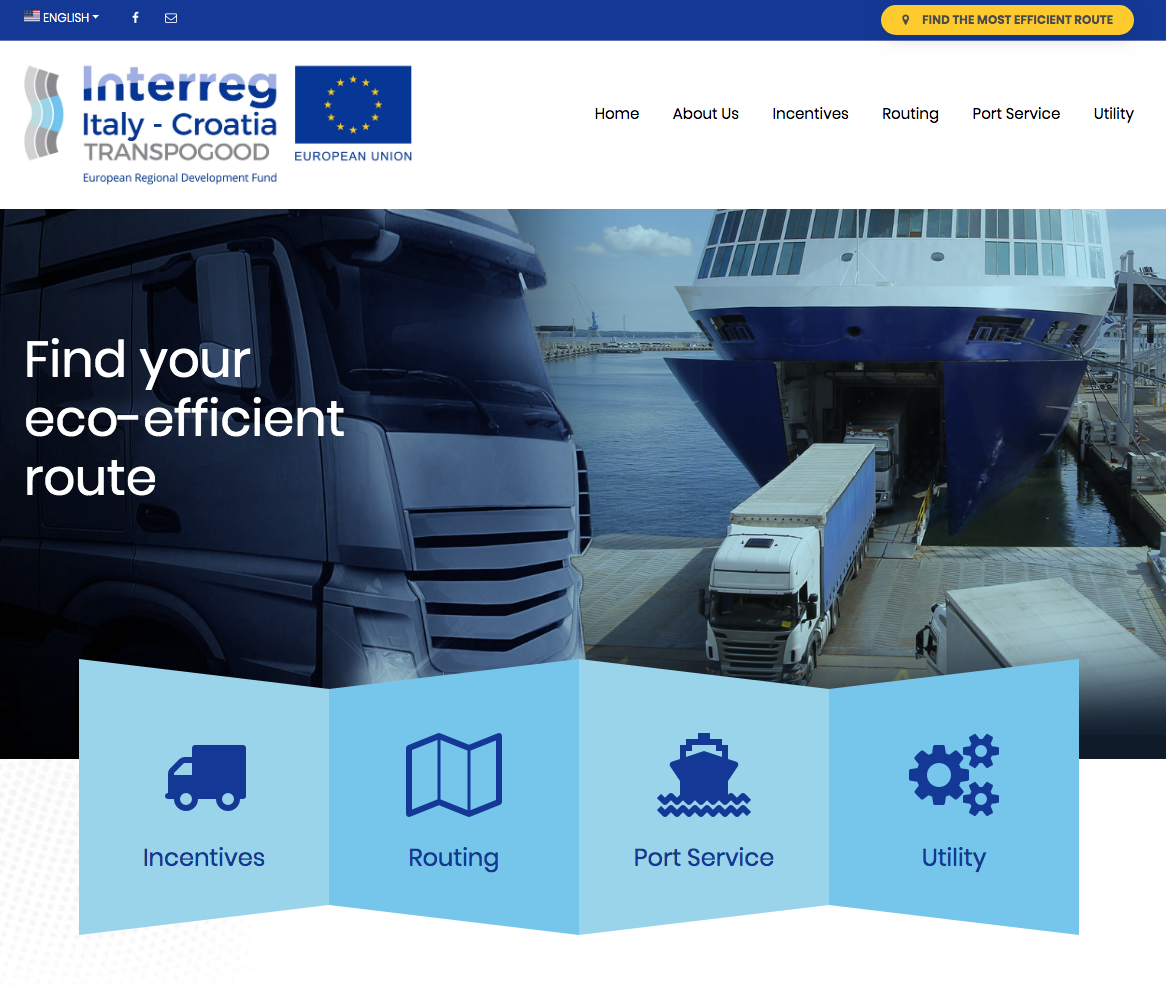WHITE PAPER

CAPITALIZE TO POTENTIATE
The IPA INTERMODADRIA and CLUSTER CLUB projects converged in the first call of the INTERREG Italy-Croatia Programme to win the TRANSPOGOOD challenges together. In an era in which information is power and digital disruption redesigns the configurations and performances of each corporate management system, how is it possible that the transport supply chains in the project area adopt resources wasting models precisely for limited sharing of information on goods movements, status and authorizations between the various transport actors? Are there only soft barriers or are we dealing with something that has to do with the genetics of the area logistics system? Why not design and test ICT based solutions that facilitate the sharing and management of information and contribute to the take up of intermodal and combined transport, thus enhancing the possibility to reduce traffic congestion and pollution caused by moving goods? The White Paper will guide you to the discovery of the safe docking that the TRANSPOGOOD partnership has created in the 18 months of implementation of the project: the TRANSPOGOOD platform, the innovative IT solution able to boost the quality, safety, efficiency and environmental sustainability of marine and hinterland transport services in the Programme Area.
PARTNERS
ITALIAN PROVINCES
CROATIAN COUNTIES
ENTERPRISES
1
FROM THE PROGRAMME
The Italy-Croatia CBC Programme is the financial instrument supporting the cooperation among the two European Members States territories overlooking the Adriatic sea. With 236,8 M € of total budget, the Programme enables regional and local stakeholders to exchange knowledge and experiences, to develop and implement pilot action products and services, to support investments by creation of new business models, to test the feasibility of new policies, having as the final aim the improvement of the life quality and conditions of more than 12,4 M citizens living in the Area. The Italy-Croatia CBC Programme funds project ideas that starting form shared resources develop joint solutions that go beyond borders with aim to increase the prosperity and competitiveness of the territories.
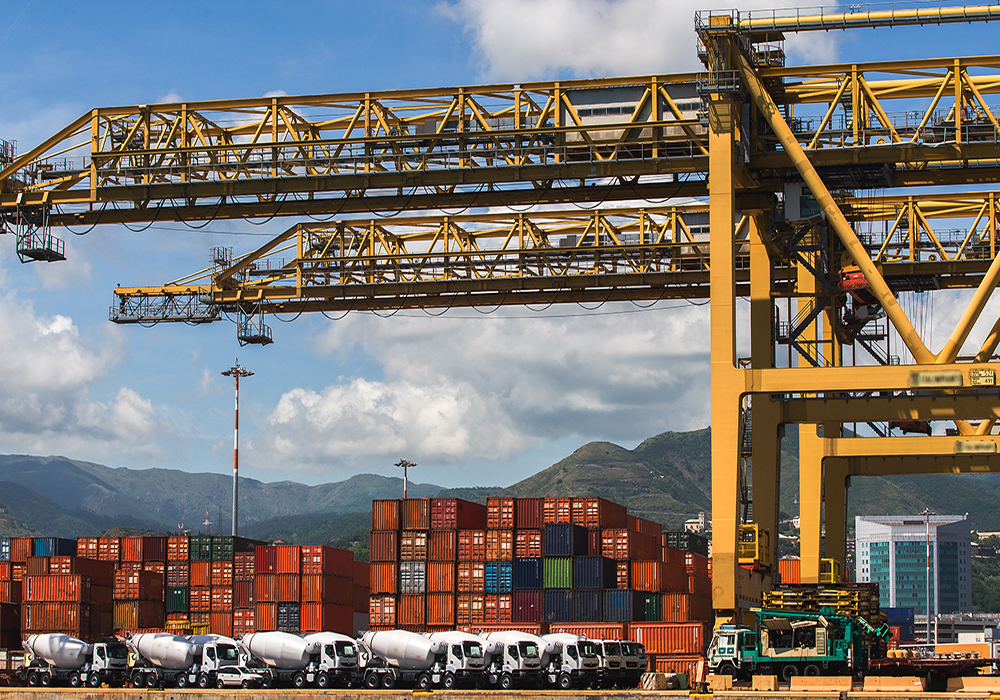
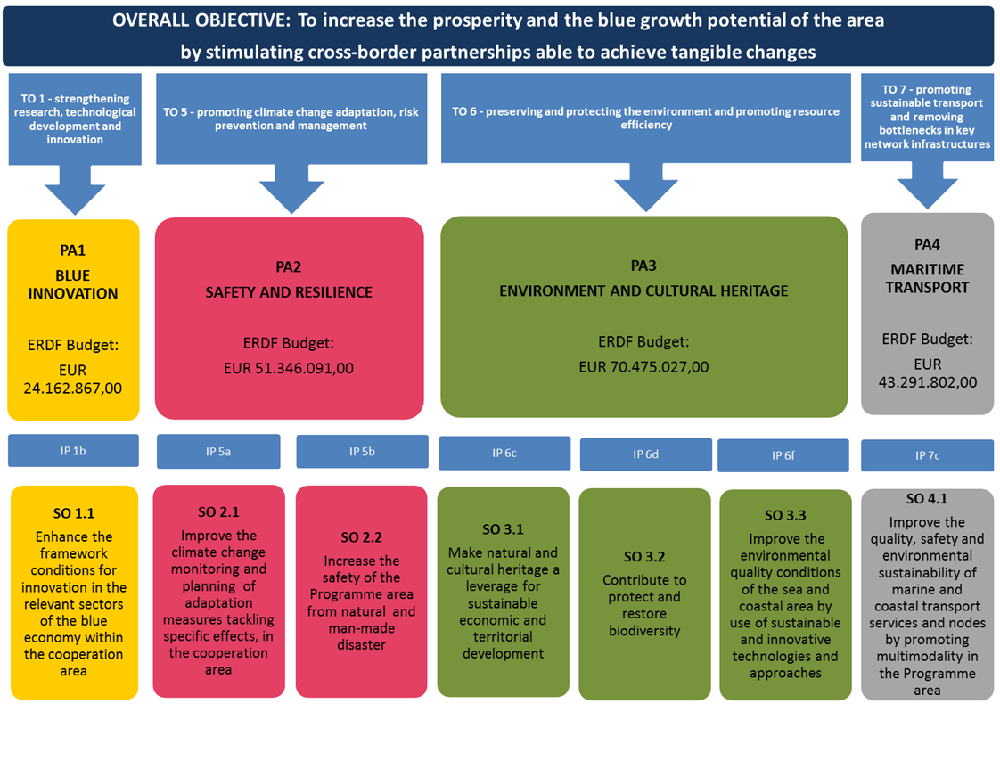
2
TO THE PROJECT
TRANSPOGOOD project is capitalizing the main results of the INTERMODADRIA project and will develop set of innovative ICT tools that will assist users in finding the best solution of transport services offer and ensure monitoring transport logistics and environmental performances demonstrating concrete benefits in transport and logistics implementations.
The main objective of TRANSPOGOOD project is to improve connectivity in terms of transport network in the Area, by overcoming the digital gap between different players of the Area that makes difficult coordination among private and public players.
Specifically, the project aims at improving the knowledge in the transport and logistics sector by organizing the training modules and jointly define a set of outputs to improve the market, policy and regulatory conditions for intermodality.
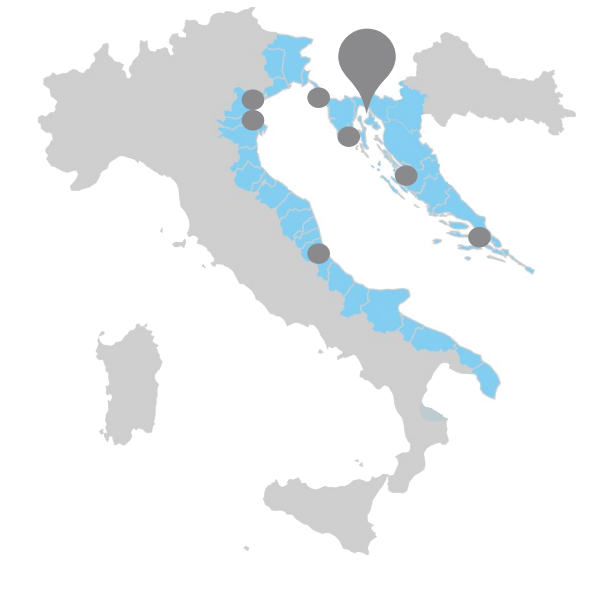
TARGET GROUPS
Regional development agencies Chambers of commerce Transport & marine operators Terminals & Shippers Shipping companies
TOTAL BUDGET
1.170.990 €
MAIN OUTCOMES
ICT platform (e-procurement & profiles calculator)
Roadmap
Forum
3 Training Modules
VIDEO
3
WHAT'S GOING ON
The stimuli of the reference context generate the conditions to elaborate solutions that evolve the business models of enterprises. The world economy is changing and this translates to change in wealth distribution. With the growth in world trade, the challenges faced in the logistics and transport industry will also increase. The world trade in services and goods is likely to increase by over three times to $27 trillion by the year 2030. That puts a lot of pressure on various industries to have goods flowing, hence increasing the rates at which transport and logistical operations are conducted. Both businesses and individuals anticipate to receive goods faster, with more flexibility and also for the case where they are consumers, at a low cost of delivery. Having ‘digital fitness’ is a great challenge for the sector that is at the moment, struggling to satisfy many of its customers in this regard. Ensuring that the organisations are able to attract and retain the right skills is one problem, but the development of the best strategy is even more vital. This is one of the greatest challenges likely to be faced in the near future in the logistics and transport industry.
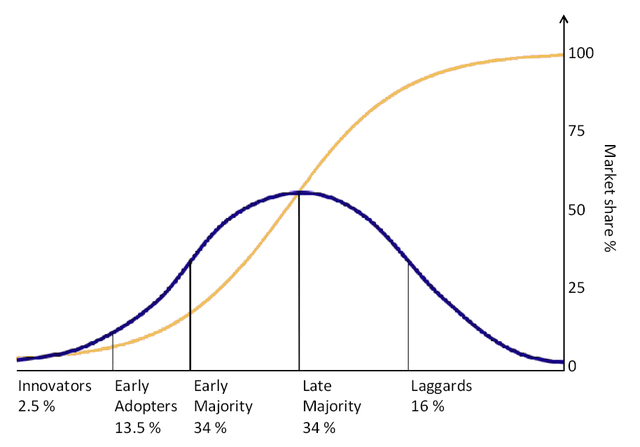
There is a high rate of competition as the environment gets more players coming in and different types and levels of products being sold. Some of the own customers in the sector are creating logistics operations on their own and the new players coming into the industry who are developing new ways to develop elements that are more lucrative in the value chain through exploitation of the digital technology.
Extensive digitization of facilities, artificial intelligence, augmented reality, big data, sensors, internet of things, etc. are among the ingredients of the ongoing technological development.
The Logistics challenge?
Use today's leading technologies, models and systems (even before the others!) and redefine business processes.
SOCIAL BUSINESS TRENDS
• Batch Size One
• Connected Life
• Digital Work
• Fair & Responsible Logistics
• Fresh Chain
• Green Energy Logistics
• Grey Power Logistics
• Logistics Marketplaces
• Omni-channel Logistics
• Servitization
• Sharing Economy
• Smart Containerization
• Supergrid Logistics
• Tube Logistics
TECHNOLOGY TRENDS
• 3D Printing
• Artificial Intelligence
• Augmented Reality
• Big Data Analytics
• Bionic Enhancement
• Blockchain
• Cloud Logistics
• Internet of Things
• Low-cost Sensor Solutions
• Next-generation Wireless
• Robotics & Automation
• Self-driving Vehicles
• Unmanned Aerial Vehicles
• Virtual Reality & Digital Twins
TRANSPOGOOD FORUM COMMUNITY
The Forum shed light to the applications developed within TRANSPOGOOD gathering feedback and suggestions used to improve the overall quality of the output. A dedicated Forum is set to strengthen the project impact towards the main target groups: enterprises, logistic operators, shippers, freight forwarders, public authorities, chambers of commerce, development agencies.

TRANSPOGOOD Forum in Pula on December 5, 2018 with the topic “Transport towards Multimodality and Sustainability: possible scenarios in the Adriatic Region”,
TRANSPOGOOD Forum in Chieti on July 19, 2019 with the topic “Logistic innovation: new competitiveness for your business”.
4
IS ICT A PROBLEM?
There are various barriers which relate to information communication technology innovation at the port. There is lack of cooperation by various actors in logistics, legislation uncertainty, and integration across the supply chain of maritime, shifts of primary needs for information communication technology developments and headquarters’ strategic decisions due to globalization. The stakeholder is not willing to pay for the information communication technology equipment and services. In previous years, the maritime supply chain and forward-thinking firms invested in information systems that were stand-alone to facilitate their operations as well as maintain their competitive advantage. Cooperation within the maritime is crucial for successful innovation adoption. Co-innovation is a crucial challenge for the industry for the future. The co-innovation is whereby the shareholders acquire novel expertise and develop opportunities for the novel partnerships in the supply chain. The existing solutions of information communication technology are considered to be standard and thus bringing lock-in effect and creating barriers for developments of novel applications An efficient and effective way of developing information communication technologies in a business or organization is facilitated by drivers.
RESULTS
The analysis, produced in the framework of the TRANSPOGOOD Project, wishes to provide a wider overview of the drivers and barriers that need to be considered to speed up the process of ICT tools adoption in the logistics sector and allow a more fluid interactions between the several actors involved in the whole logistic chain. The research analyzed the state of art of the adoption of the ICT platform and their evolution according the Eu Directives, the impact of technologies and relevant aspects of cybersecurity that could jeopardize the entire chain including the impact and trends of new tech such as blockchain, the importance of human capital and the needs to constantly train the people and the future generations to manage these changes.
CYBER SECURITY
The overall trend in having data of high risk require as well as improvements in technology requires security which is better to avoid distortion or theft of software. Cyber and physical security enhancements are important at the ports in ensuring proper freight flows, operation as well as serving travellers.

DRIVERS
Drivers that are relative to information include: sharing of information on the logistics flows for interoperability, collaboration, traceability amongst various actors within supply chain; the need to address problems of curtailed limited and visibility on the exchange of information between port terminals and all the shareholders in the container validation process; identifying causes of the loss of cargo severity; for testing and clearing examples on how contemporary computations, as well as technologies, can be used in the real-life

BLOCKCHAIN
One of the most important aspects of transportation operations more so maritime, road and air transport is having transparency and adherence to rules and regulations. This helps to prevent organizational silos within the parts that exist in the supply chain and help in the leadership of supply chains, like the C-level executives to comprehend various ways that the supply chain efficiency works and how it can be more productive. Blockchain technology can be used to align the firm into the right path and ensure that all rules and regulations are followed and adhered to.

5
RIGHT SKILLS AT RIGHT PLACE
Training approach
Training programmes
1
In an even more competitive environment for firms it is necessary to properly define, manage and control transport activities and their related strategic sourcing processes. This can be carried out rethinking business processes particularly those referring to purchasing logistics services which can be better carried out whether supported by the use of specific innovative platforms
2
Combined road-rail transport is one of the ways to shift cargoes over medium routes reducing impacts on the environment. It thus becomes for firms and operators necessary to be able to understand how cargoes can be efficiently and effectively transferred from road based transport services to intermodal ones and to evaluate the environmental and economic benefits that can be reached
3
Logistics and transport are the key functional sectors that allow international trade being carried out and they also are strategic components placed at the base of economic systems growth and development. Adequately trained human resources are needed. Both technical and economic skills are required; these have to be tailored through a specific training program where the typical sector skills have to be developed.
Webinars
How can we train, upskill and attract new talents and human resources to manage the big transformations of the sector? Three short webinars explain some of the fundamentals of innovation and sustainable management in the sector to managers, technicians and people who are looking for a career in the sector.
The purchase of transport services - procurement and innovative services
Intermodality and sustainability
La logistica e i trasporti del 21mo secolo: opportunità professionali del settore
Logistics Career day
"Logistics... what a passion", the event that wanted to offer students and their families an opportunity to meet not only with professionals, trainers, counselors, but also with young people who have found their way in logistics, in order to learn about the different training courses in the field and to enable them to plan in a conscious way their educational and professional future.
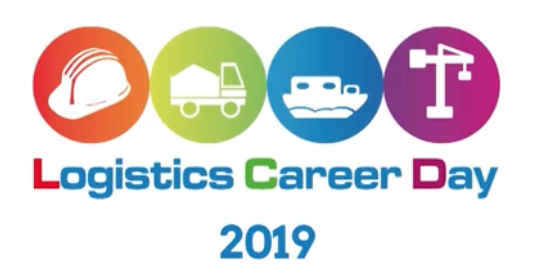
MOOC
How can innovation enable a sustainable future in enterprises in general and in logistics in particular? TRANSPOGOOD’s LogIn MOOC traces fundamental concepts for logistics and business innovation management from both analytical and practical perspectives, thus supporting the professionals enrolling it to understand the key relationship between innovation and competitive advantage.
INNOVATION IN LOGISTICS
INNOVATION IN ENTERPRISES
The supply chain and logistics sectors are being transformed by a new generation of innovative solutions. Whether societal, economic or environmental, innovators are scrutinizing the industry’s greatest challenges and developing new business models and concepts with which to address them.
Innovation, by definition, means “something that is new or significantly improved, done by enterprise to create added value either directly for the enterprise or indirectly for its customers”(BCA, 1993). Innovation is essential to maintaining organizations’ long-term stability and increasing both the quality and value of goods and services.
6
FROM SHARED RESOURCES
TO JOINT SOLUTIONS
ICT tools have proven to be essential to innovate transport and logistics. TRANSPORT of GOODS PLATFORM is expected to increase efficient and sustainable multimodal transport and supply chain visibility. The tools aim at cost savings (at least 10%), reduction of carbon footprint, improved management control and information flow and improved reporting in intermodal transport. The platform is made up of a set of simple and cheap low-cost applications for logistic operators and related companies. These applications are also available for SMEs and can help logistics companies and transport authorities to save time, money, resources, increase the multimodality and reduce carbon footprint with a dedicated software. The general approach is to create an “umbrella tool” currently offering four types of services (information, strategic procurement, spot market, connection with PCS) that will be able in the future to connect and share information with existing business platform and providers.
The platform is enriched by innovative profile calculators to allow logistics and transport stakeholders and users to optimise and select the best option very quickly and easily in terms of: best price of the combined transport, lower emissions of the entire chain, higher load factor in both directions and total transit time.
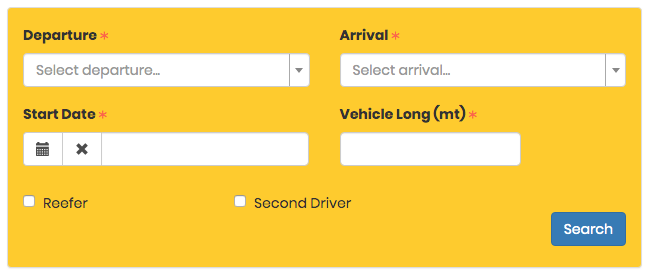
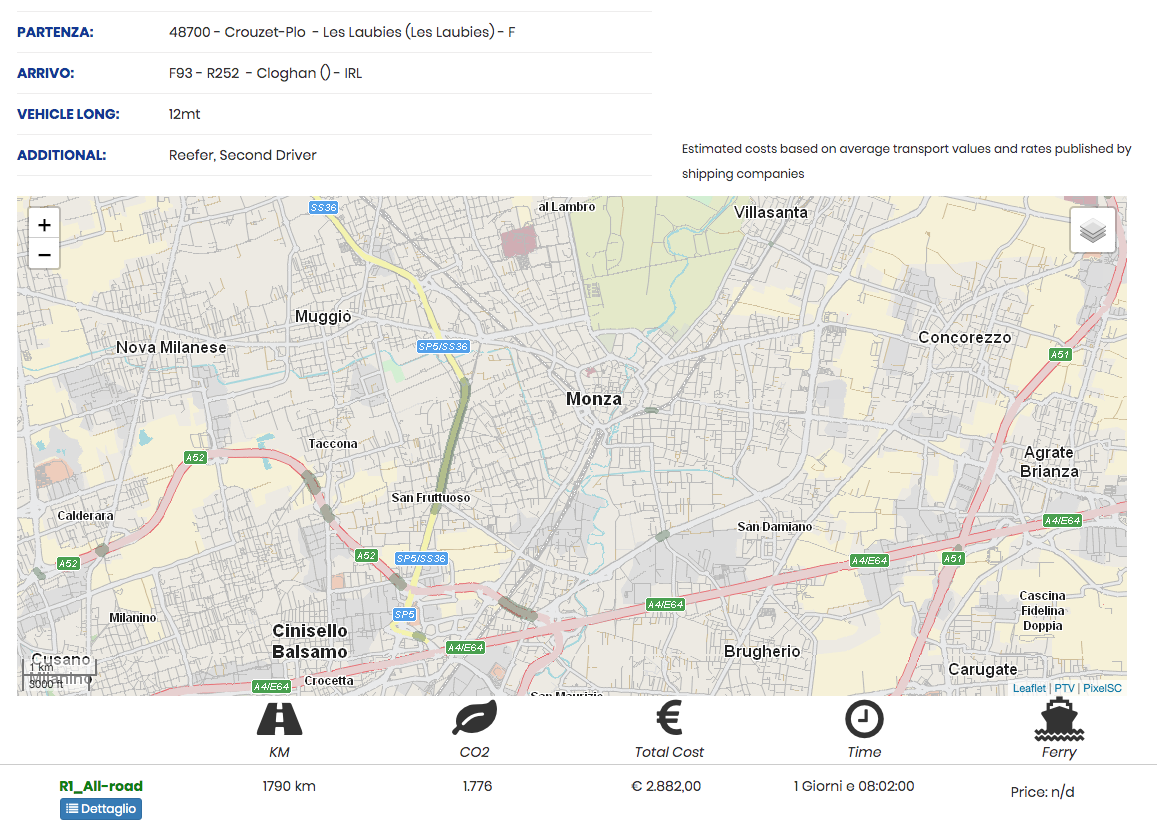
7
WE ARE ON THE ROAD TO...
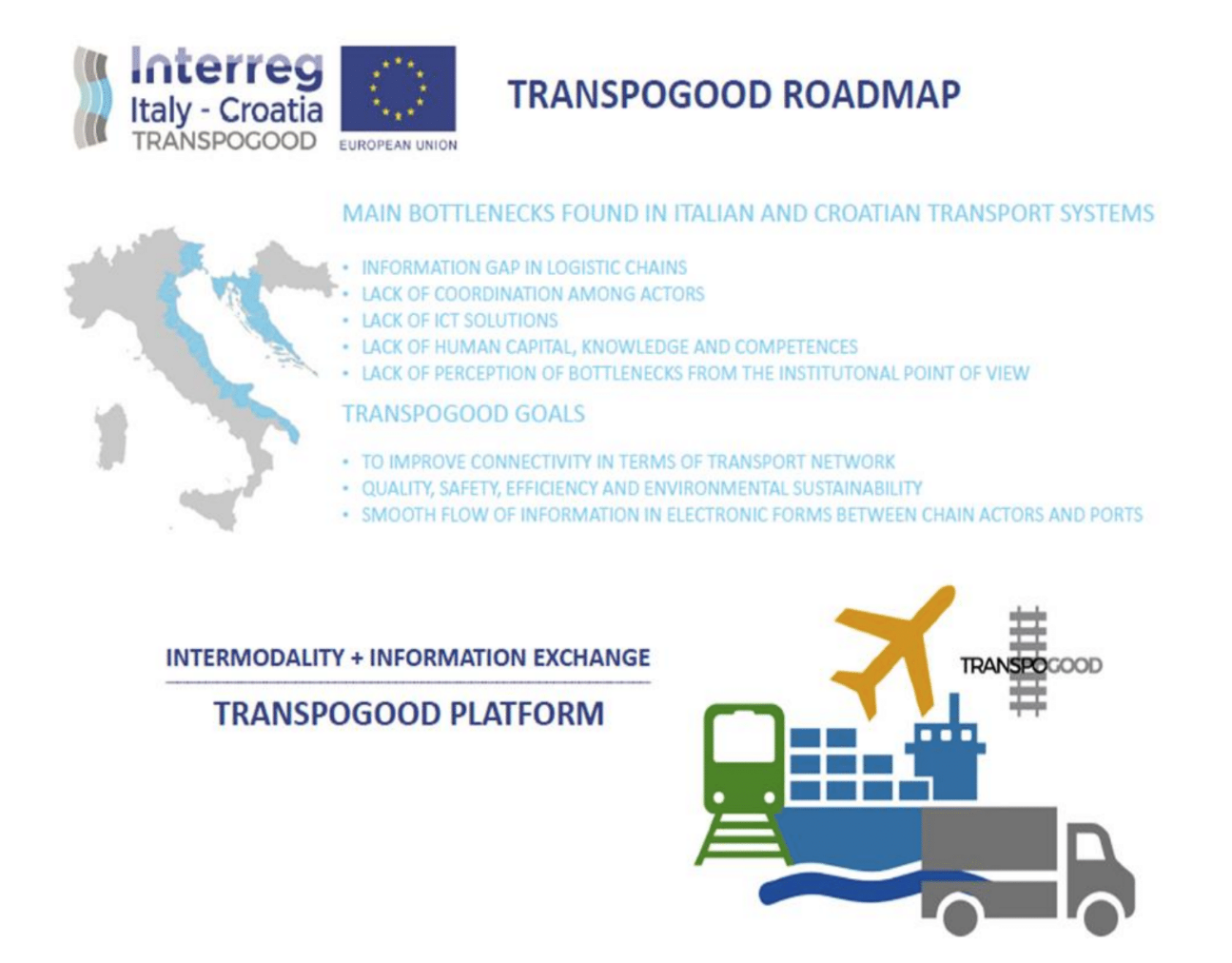
TRANSPOGOOD Roadmap: from bottlenecks to solutions
TRANSPOGOOD Roadmap aims at defining guidelines for the Programme Area to realize easier information exchange between the different actors in the transport logistics chain, by supporting industry through the necessary standards, administrative, governance and legal provisions.
This will simplify and reduce the cost of exchanging information between different actors and transport modes along the chain, leading to a more efficient, less polluting freight transport, and facilitating the use of multimodal freight transport solutions.
PARTNERS

